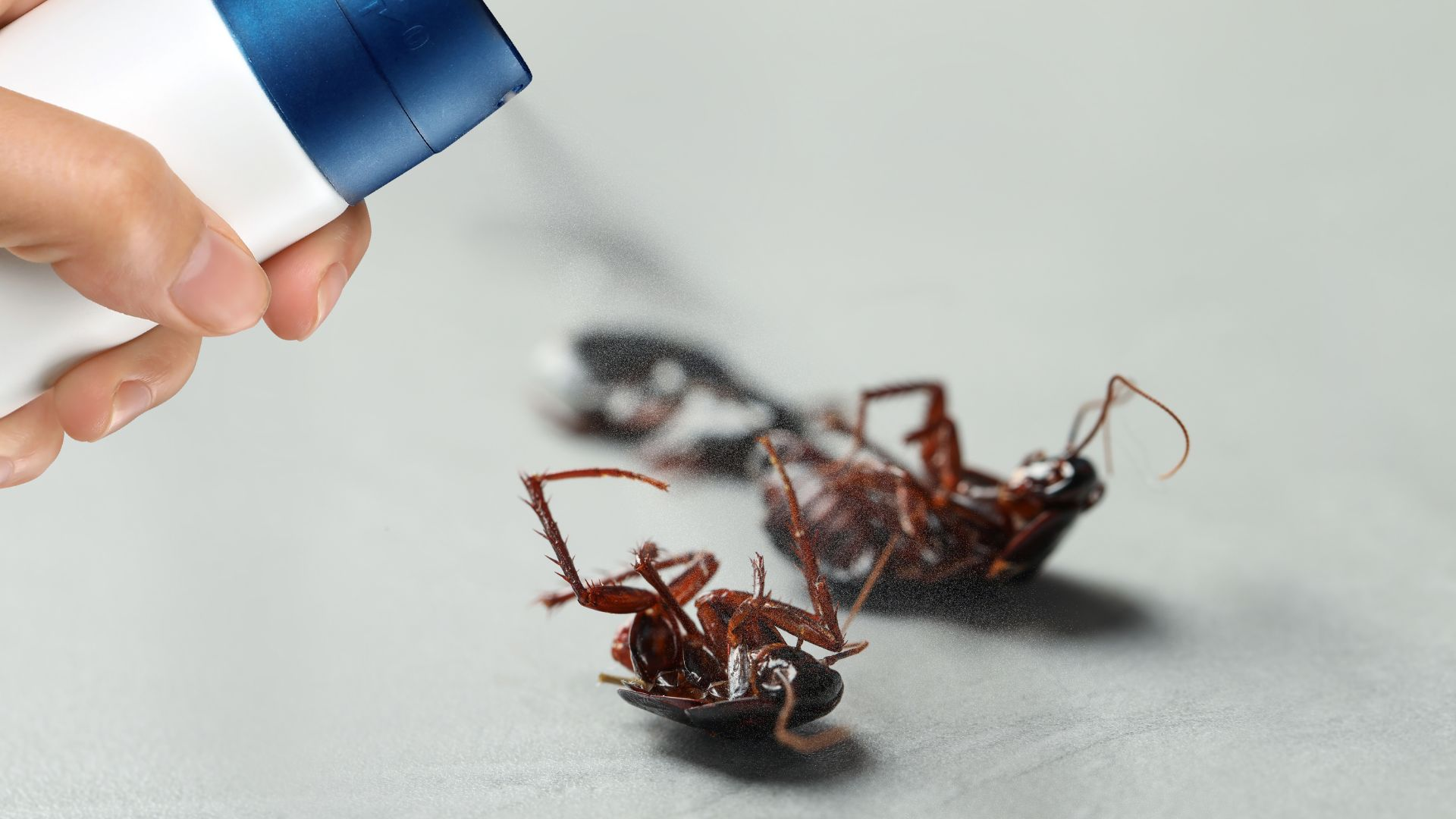
Pests are a common frustration for homeowners, from bustling ant colonies in the kitchen to lurking spiders in the attic. Left unchecked, these unwelcome visitors can quickly transform from minor annoyances into full-blown infestations.
For many, the best DIY pest control methods promise a cost-effective and empowering solution, putting the responsibility in the hands of the homeowner. But are these methods truly effective? Can tackling pest control yourself offer better results than hiring a professional?
In this comprehensive guide, we'll dive into the world of DIY pest control, examining what works, what doesn't, and how to make informed decisions to keep your home pest-free.

When pests refuse to leave, chemical treatments can be a homeowner's most effective option.
While typically used by professionals, these products are accessible to homeowners. When applied correctly and with proper safety protocols, they offer powerful pest eradication and long-lasting effects. However, their potency demands cautious handling and consideration for environmental and household impacts.
These commercial pest control chemicals can eradicate entire colonies of insects and provide a thorough solution for pest infestations. They often offer a residual effect, keeping pests at bay for an extended time.
However, their potency also means they must be handled with care, and their impact on the environment and household members should be considered.
Traps and baits offer targeted and straightforward pest control solutions.
Ideal for pests like spiders and centipedes, these traps are non-toxic and safe for homes with children or pets. However, they may not be sufficient for large infestations or swift pests like cockroaches.
DIY options, such as inverted plastic bottles for fruit flies or soap-water bowls for gnats, can be creative and effective, depending on the pest and the method used.
With their non-toxic appeal, natural remedies like essential oils and vinegar solutions are safe alternatives but may be less effective against serious infestations.
Oils like lavender and peppermint may deter ants and spiders by disrupting their navigation. However, evidence supporting their effectiveness is limited, and they might be insufficient for large-scale infestations.
Vinegar and water can temporarily disrupt ant trails, but the impact on significant infestations is minimal.

While each DIY method has its strengths, assessing their real-world effectiveness is essential. Scientific research offers a reliable benchmark for determining what truly works, whereas anecdotal accounts from online forums, though inspiring, may not provide a complete picture. For a more informed approach, consulting experts such as entomologists or pest control professionals can help ensure you select the most effective solution for your specific pest problem.
Each DIY pest control method has its advantages. Natural remedies boast safety and gentleness. Traps and baits can be species-specific and are relatively safe.
On the other hand, chemical sprays, while potent, may pose a risk to household members and the environment if used improperly.

Missing potential entry points is one of the easiest mistakes to make, but also one of the simplest to avoid.
Despite the best intentions, homeowners can make errors that render their DIY pest control ineffective.
Prevention is key in pest control. Misplacing a trap or failing to seal an entry point can hinder the best-laid plans. Identifying how pests are entering the home and addressing these points is as important as treating the infestation itself.
The 'more is better' approach is risky with chemical pesticides. Misapplication not only endangers the user but can lead to ineffective results or resistant pests.
Always follow the manufacturer's recommendations for application.
Pests are excellent at hiding and multiplying. Ignoring early signs can lead to a swiftly blooming problem that's far more challenging to tackle. Vigilance is key, and acting swiftly can prevent a small issue from escalating. This is true whether you are dealing with roaches, bed bugs, or other pests.

Professionals in pest control consistently recommend an Integrated Pest Management (IPM) approach as the foundation for effective and sustainable DIY pest control.
At Riddy, our experienced team offers expert guidance to help you design and implement an IPM plan tailored to your home’s needs.
IPM combines various strategies to control pests while prioritizing prevention. This approach includes identifying pests, monitoring their activities, and using a mix of methods, such as physical barriers, traps, natural remedies, and minimal use of chemicals, to address infestations at the source.
A cornerstone of an IPM plan is proper sanitation. For example, keep pet food stored securely and avoid leaving it out, as it can quickly attract insects and rodents.
This holistic strategy not only minimizes the need for heavy chemical treatments but also provides long-term solutions for maintaining a pest-free home.
Even with the best DIY pest control methods, certain infestations may require professional intervention. For large-scale or complex infestations—or in situations where your safety could be compromised—licensed pest control experts can provide efficient, reliable solutions and invaluable peace of mind.

DIY pest control can be empowering and very effective. By understanding the nuances of various methods and knowing the common pitfalls to avoid, homeowners can significantly improve their chances of success.
Remember, the goal is not just to rid the home of pests temporarily but to ensure that they don't return.
A strategic and informed DIY approach to pest control is not only feasible but an effective solution. Riddy's DIY pest control subscription box has everything you need to get hundreds of pests all on your own. And when in doubt, professional help from Riddy is a phone call away.
After all, in the battle against pests, a little knowledge and the right tools can be every bit as formidable as the mightiest exterminator – and can keep your pest control costs much, much lower.
No comments
0 comments